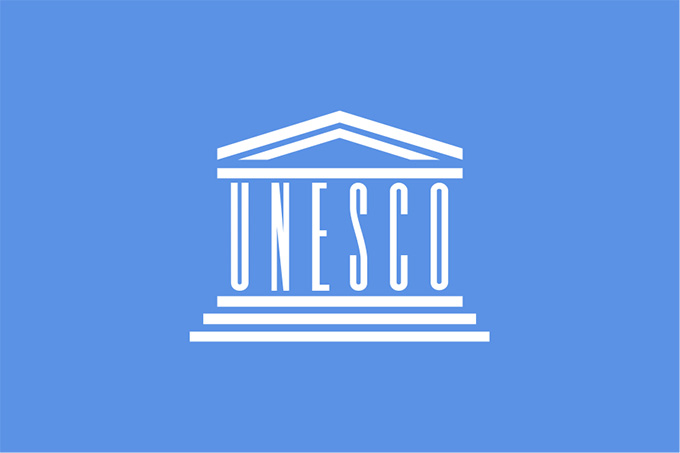The Importance of UNESCO
 The United Nations Education, Scientific and Cultural Organization, better known by its acronym, UNESCO, is under scrutiny after the United States stated it will withdraw from the organization by December 31, 2018. Founded in 1945 in response to the horrific aftermath of both World War I and II, the organization currently has 195 member states and 10 associated states.
The United Nations Education, Scientific and Cultural Organization, better known by its acronym, UNESCO, is under scrutiny after the United States stated it will withdraw from the organization by December 31, 2018. Founded in 1945 in response to the horrific aftermath of both World War I and II, the organization currently has 195 member states and 10 associated states.
UNESCO Director-General Irina Bokova said the U.S. withdrawal would be a loss to the U.N. and “a loss to multilateralism…At the time when the fight against violent extremism calls for renewed investment in education, in dialogue among cultures to prevent hatred, it is deeply regrettable that the United States should withdraw from the United Nations agency leading these issues…”
“Building peace in the minds of men and women” is UNESCO’s slogan and is rooted in efforts to coordinate international cooperation in its named components: education, science and culture, as well as communication. These efforts made by the United Nations agency have a goal to mobilize societies across the globe so that each child and citizen “…has access to quality education; a basic human right and an indispensable prerequisite for sustainable development. May grow and live in a cultural environment rich in diversity and dialogue, where heritage serves as a bridge between generations and peoples. Can fully benefit from scientific advances; and can enjoy full freedom of expression; the basis of democracy, development and human dignity.”
The importance of UNESCO is highlighted by an interview with Jaroslava Moserova, president of the General Conference in 1999, who was convinced of the role that the organization could play in a post-Cold War world. She said in the interview that “The aim of UNESCO is to improve the quality of life. It is not a political organization at all… the main pillar of UNESCO is education, access to education. When you hear the delegates from different parts of the world, different cultures, different traditions, there is one thing all of them agree on, and that is that the only tool for better or worse is education.”
The note Moserova made when acknowledging that education is an indispensable tool is only one of the ways to see the importance of UNESCO. The other pillars of UNESCO also point to the significance of their work and efforts. When considering that preserving heritages and promoting scientific advancement are the other focuses of the organization, the importance of UNESCO and the benefits of the agency can be subtle. Seeing as how encouraging positive cultural experiences, scientific development and educational growth are all components that lead to overall poverty reduction and socioeconomic advancement for countries.
UNESCO puts an emphasis on children, and as UNICEF reiterates, reducing poverty begins with children and the things that improve their quality of life. Education is one of the most important pieces, and UNESCO’s efforts to improve it benefit people the world over.
– Gabriella Paez
Photo: Google
